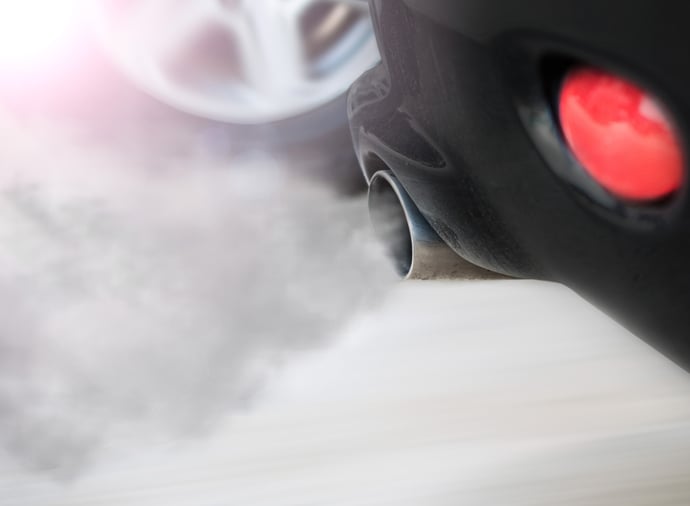Electric vehicle (EV) emissions are a third of those produced by petrol and diesel vehicles on average, new research has found.
Analysis from not-for-profit Transport & Environment (T&E), published alongside a new tool for calculating the lifetime emissions of an EV, has found that across Europe, EVs produce a third of the emissions conventional cars produce over their lifetime.
This will continue to improve over the next few years, T&E said, as the EU economy decarbonises. In the UK specifically, in a scenario where the average EU electricity is used to produce the batteries and cars, EVs produce -62% lifecycle emissions in comparison to petrol and diesel emissions.
This is despite persistent speculation that EVs emit similar rates of CO2 as ICE vehicles over their lifetime, something T&E said is due to researchers often having to rely on outdated data and evidence, although some life cycle assessments (LCAs) are “deliberately misleading”.
This partially due to the fast developing nature of EVs, with data changing fast in comparison to mature petrol or diesel technology.
T&E’s assessment, however, includes up-to-date evidence on key aspects of the lifecycle performance, it said, including realistic lifetime mileages for EVs adjusted to the performance of the latest generation, real-world emissions of conventional cars over laboratory test values.
It also takes into account that more recent and industrial scale battery manufacturing has resulted in values two to three times lower than previous commonly used estimates, according to T&E, as well as its scenarios for electricity grid decarbonisation being in line with the current and expected uptake of renewables to the 2040s.
T&E found that for cars sold in 2020, a medium-sized EU-average car emits around 90gCO₂e/km over its lifetime. Its diesel counterpart emits 234gCO₂e/km and a gasoline car 253gCO₂e/km.
It also looked ahead to the lifecycle emissions of EVs sold in 2030, which are reduced by around 41% on average for cars in the medium category. For an average EU medium electric car, the impact decreases to 53gCO₂e/km due to the decarbonisation of electricity, making it 4.2 times cleaner than a diesel car and 4.5 times cleaner than a gasoline car.
However, EV emissions could be further improved in the future through greater battery recycling and smart charging, including V2G.
Similar research from Imperial College London for Drax Electric Insights was published last year, which found that on average, EVs in Britain emit half the CO2 of diesel cars when the manufacturing of the battery is included and just 25% without.
The report described the notion of EVs being as polluting as conventional cars as “inconcievable”, predicting further decarbonisation in the UK could drive EV emissions down to 10% of conventional vehicles in the next five years.






